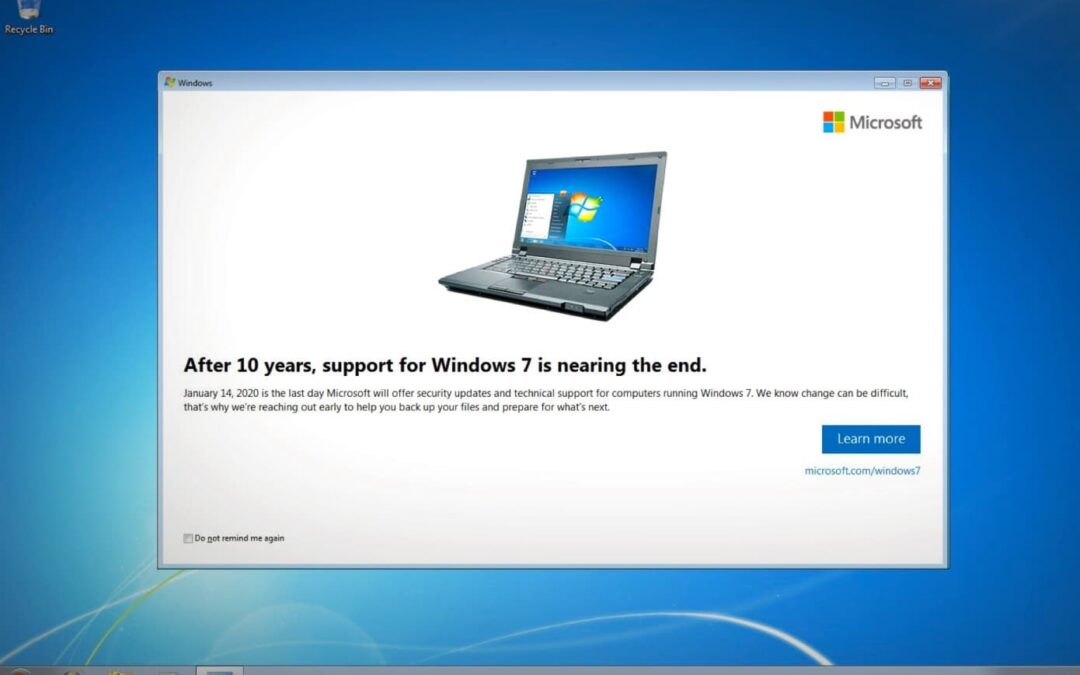Regardless of scale, size, and domain, communication remains the cornerstone of any business. With a robust communication infrastructure in place, it is easier to stay connected with clients, vendors, partners, and employees at all times.
As a business owner, one of the biggest expenses in your budget is likely the cost of communication (especially if your business is located in California). This expense includes your phone calls and interoffice communications (such as email). While some businesses claim that an on-premise telephone system is still relevant, it is becoming a thing of the past.
With cloud-based systems now offering advanced features like unified communications, mobility, collaboration, and many more, there is an increasing trend away from the traditional on-premise phone systems, with most businesses switching over to hosted VoIP phone systems.
Are you looking to make your business communication more fluid? There are several reasons to consider eliminating your on-premise phone system.
Capacity and Scalability
The on-premise phone system is never really a good fit because it cannot keep up with a company’s growth. Oftentimes, the system is installed based on current needs, with little to no anticipation of the possibility of those needs changing in the nearest future. Adjusting for growth becomes a hassle and an increased expense.
High Cost of Installation and Maintenance
Requiring a dedicated office space and equipment, on-premise systems will burn a hole in your pocket. Apart from this cost and inconvenience, maintenance expenses are often inevitable and huge, with an outsourced service provider or an in-house IT team required to keep the system up and running.
Lack of Flexibility and Portability
Agents must be physically present at the office to make calls with the on-premise phone systems. This requirement leaves remote agents unable to either dial or receive calls, making the system utterly redundant in this prevailing era of remote work.
Inadequate Features and Functions
On-premise phone systems do not often come with the latest features and functions ready to go, out-of-the-box. They usually need additional servers and hardware installed to activate these features, thus adding more to the upfront costs.
The emerging alternatives make communicating within the company and externally much easier. As the cost of bandwidth drops, new options will continue to emerge, providing greater functionality on everything from teleconferencing to videos, cell phones, and more. Old protocols which have slowed things down considerably will be replaced with new technologies and cloud solutions that avoid the complications and hassles on-premise systems present.
Communications is now a commodity, and software as a service (SaaS) empowers you to focus on your business. Moving to a more efficient and cost-effective solution will help your business grow faster.

Why Make the Switch?
Cloud-based systems offer flexibility, cost savings, and increased productivity, while being extremely easy to manage. It is also easy to run the system on existing infrastructure without having to install specialized devices. Upgrading the system as the business grows or changes is equally easy and straightforward.
With no need to invest in IT teams to keep the system running or in expensive infrastructure, the setup and maintenance costs are comparatively low. Also, hosted phone systems are more reliable and consistent, while they remain ideal for remote and distributed teams.
Takeaway:
A cloud-based system offers a lot more flexibility and freedom. They are cheaper because you only pay for the connections to be set up, and they are easy and fast to set up. It is perfect for communicating with remote teams, as everyone can join in and attend calls regardless of their location.
Many organizations that formerly relied on on-premise systems for phone support have abandoned this approach and are now relying solely on phone agents. Some large businesses are even switching from on-premise phone systems to telemarketing services, because the telemarketing model is faster, easier and cost effective.
At VIP-IT, we are committed to helping you communicate with employees and clients effectively and efficiently, by helping you make the switch to a more flexible and cost-effective communication system.

Make Working from Home Work for Your Team
Millions of Americans are now working from home with no clear understanding of when they might be able to return to their office. As a result, many small to mid-sized businesses are not prepared for this sudden shift to remote working and are struggling to maintain...

Prepare Your Team to Work From Home
People are working from home and social distancing has become our new reality. Companies are wondering how to keep business running close to normal while ensuring the safety of their employees. Creating a successful remote working environment is critical for reducing...

What Is a Virtual CIO and Why Do You Need One?
Now more than ever, it's critical to manage your company's data and information. This includes keeping the data safe and making sure you have an IT strategy. Most small to medium-sized businesses do not have the resources or the need for a full-time CIO to handle...

Are you ready for Windows 7 end of life?
As of January 14th, 2020, Microsoft will no longer offer free support to any Windows 7 PC. What does this mean for the millions of workspaces still running on Windows 7? From a technical standpoint, you’ll always be able to use the machine; however, do so at extreme...
